CPE is excited to fund our first annual cohort of graduate student researchers, tackling research related to Just Transitions, Carbon and Measuring, Modelling and Markets. Learn more about the CPE researchers below!
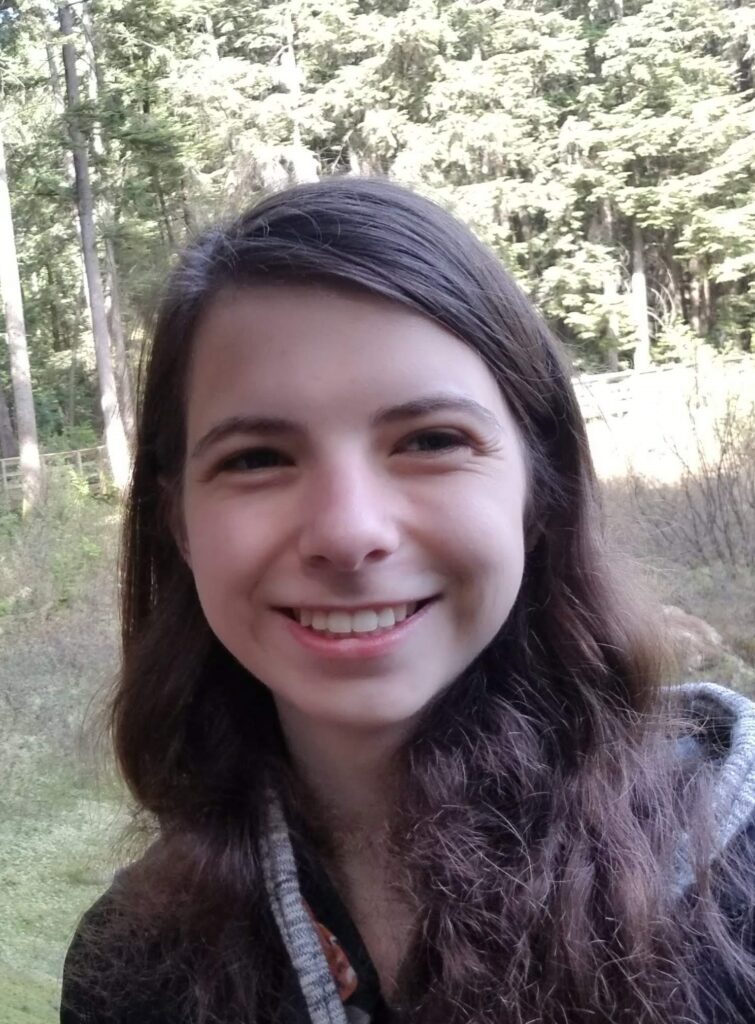
Sabrina Madsen
PhD Student in Atmospheric Physics
“I am a 3rd year direct-entry PhD student in the Department of Physics and I am a member of the Wunch research group. My research focuses on investigating fluxes of carbon dioxide to and from vegetation within the Greater Toronto Area using measurements of solar induced fluorescence (light emitted by plants during photosynthesis) and vegetation models. I will also use satellite and ground-based measurements of carbon dioxide with the estimated fluxes from vegetation to obtain a better estimate of both Toronto’s anthropogenic and biogenic carbon dioxide emissions. In the future, I plan to apply this method to other urban areas within Canada.”
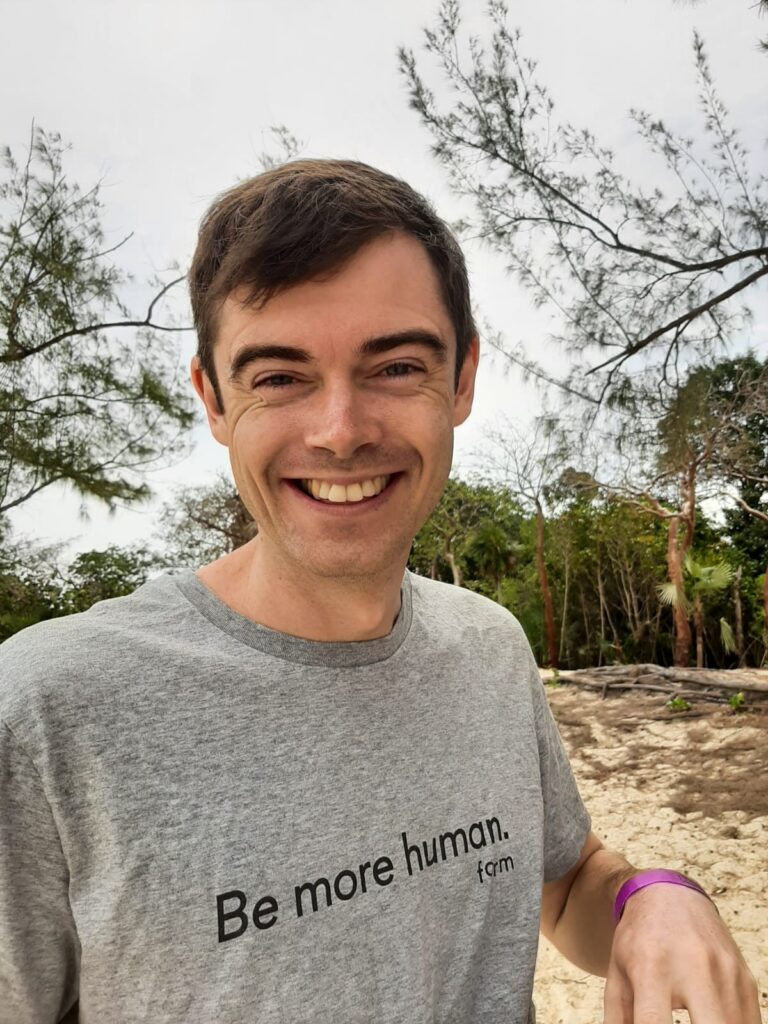
Charlie Bain
PhD Student in Political Science
“Heya! I’m a British guy going into the 5th (eek) year of my PhD in Poli Sci. I work on climate politics, and my dissertation project involves looking at the climate behaviour of a leading group of global automakers and electric utilities from 2005 to 2021. Before grad school I worked in financial technology for four years in Hong Kong. Contrary to my national stereotype, I think tea is overrated as a drink (though not as a meal).”
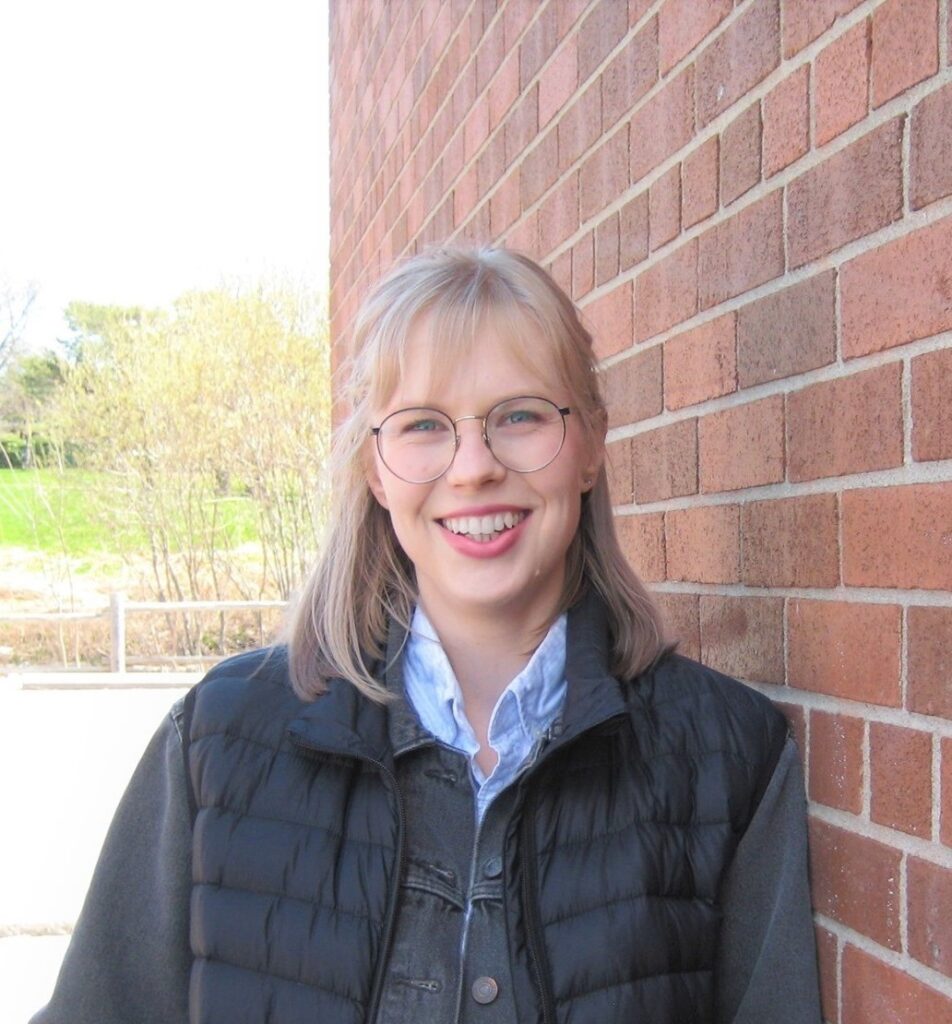
Valeria Morozova
PhD Student in Chemistry (UTSC)
Valeria completed her BSc. in chemistry at Toronto Metropolitan University, and joined the Clean Energy Lab at U of T Scarborough to pursue graduate-level research. Her project focuses on electrochemical CO2 capture, with experimental work guided by computational chemistry and machine learning.

Aldrick Arceo
PhD Candidate in Civil Engineering
Aldrick’s research advances housing design and relevant policies to build homes with less embodied carbon. His research will quantify the influence on embodied carbon of built form and material selection and will quantify the power to change carbon emissions through design choices. The research will be Toronto focused but the findings will have broad application, in particular to locations that build using similar styles and techniques (e.g., Eastern Canada and Northern US).Aldrick is a fourth-year PhD candidate with the Department of Civil & Mineral Engineering. He finds interest in Industrial Ecology tools including Life Cycle Assessment and Material Flow Analysis, and he hopes to apply these methods to help solve problems related to zero-carbon buildings and circularity in the construction sector.
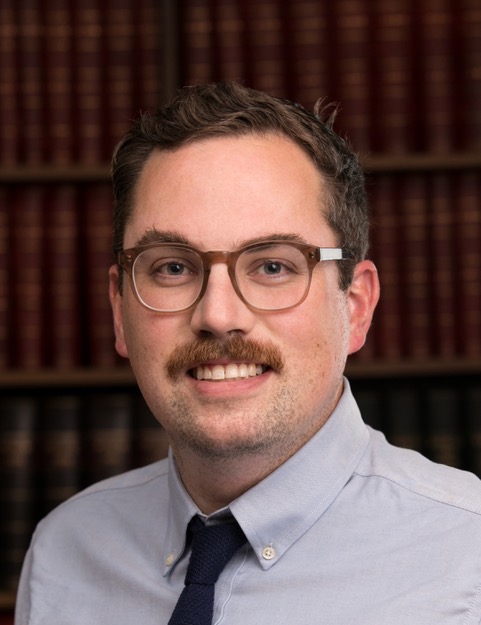
Garrett Morgan
PhD Candidate in Urban Planning
Garrett Morgan MSc., MScPl., LEED GA, WELL AP is a doctoral candidate and course instructor in the Department of Geography and Planning at the University of Toronto where his dissertation research explores the role of equity in the development and implementation phases of municipal climate action plans. Outside of the academy, he is an urban planner, governance strategist, communications advisor, and sustainable development consultant with professional experience in the public, private, and non-profit sectors in rural, suburban, and urban environments in Canada and the US with expertise in housing, community development, resilience, and hazard mitigation.
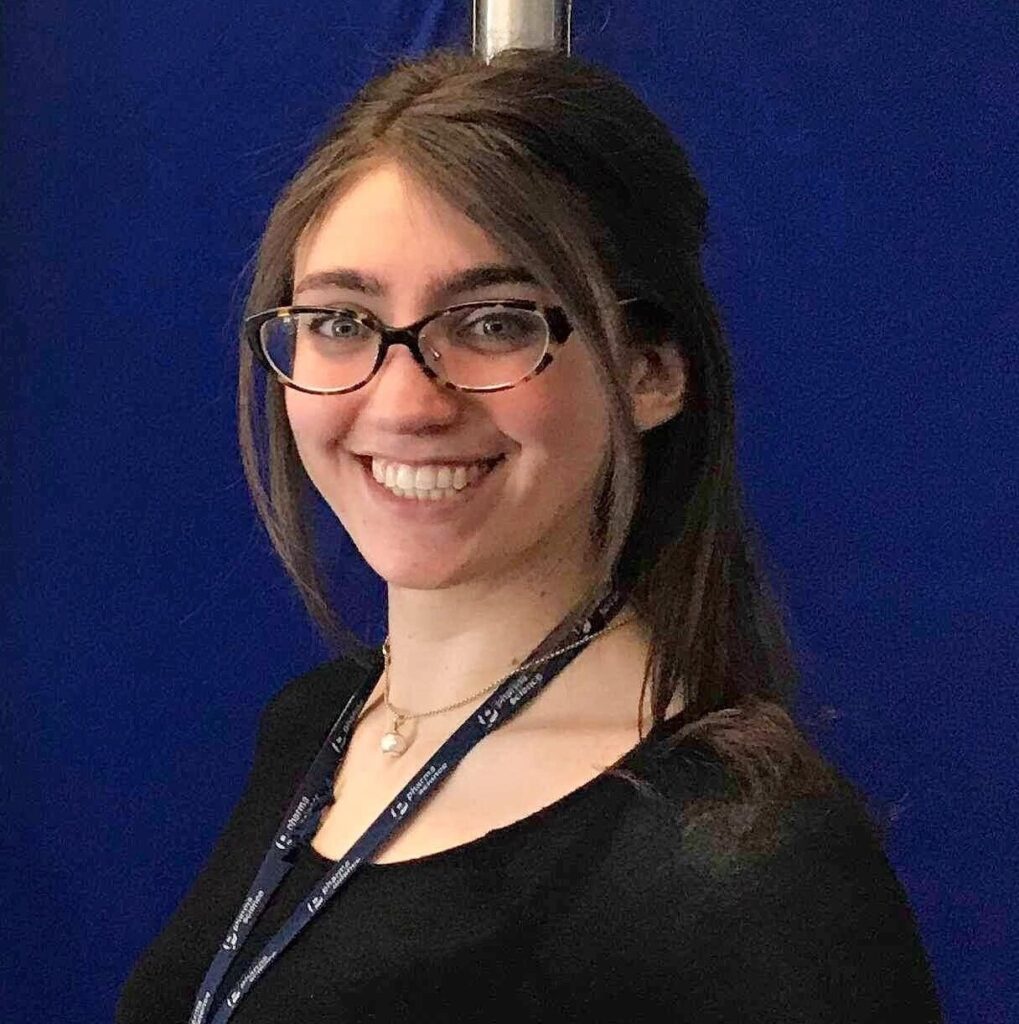
Nina-Francesca Farac
PhD Candidate in Chemical Engineering & Applied Chemistry
Nina-Francesca Farac is currently a 4th-year PhD student in the Department of Chemical Engineering & Applied Chemistry under the supervision of Prof. Timothy P. Bender. Nina completed her honours B.Sc in Materials Chemistry at the University of Toronto, St. George Campus in 2018. She desired to continue studying materials chemistry, but with an emphasis on sustainability and real-world applications. Her current research focuses on the development of new organic molecules (colored dyes, to be specific) with electron-conducting properties (i.e. semiconducting) for applications in organic solar cells (i.e., devices that transform sunlight into electricity) and in energy-efficient, organic light-emitting diodes (i.e., devices that convert electricity into light). Rather than focusing on the traditional inorganic-based devices, she focuses on the organic counterpart due to their several merits such as being lightweight, inexpensive, flexible, and having increased sustainability in the production process. In addition to her academic interests, she partakes in several initiatives such as the Green Chemistry Initiative (GCI), and she is currently an undergraduate mentor through WICTO.
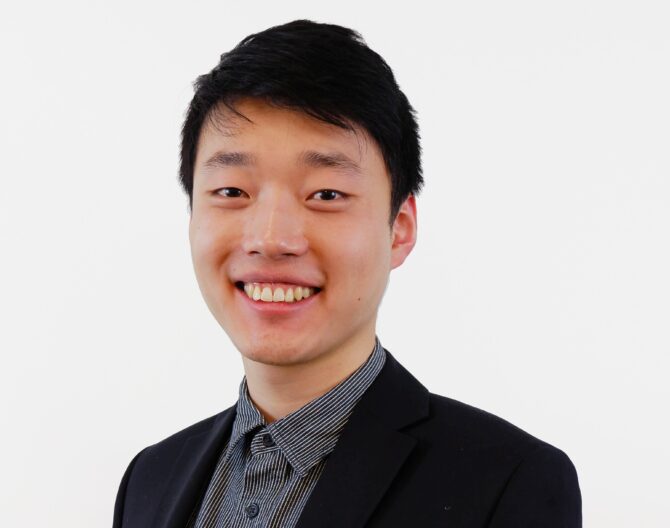
Rick Fu
PhD Candidate in Chemistry
“I am currently a 5th year student in the department of chemistry at the University of Toronto working with Prof. Jik Chin. My research ranges from stereoselective molecular recognition of amino acids to synthesis of unnatural peptide architectures to carbon capture and utilization using guanidines. We are particularly interested in using guanidines as a motif for carbon capture and utilization as it is a synthetic analogue of biotin (vitamin B7) which is an essential co-factor that Mother Nature uses for enzymatic carboxylation reactions. And using Mother Nature as inspiration, we aim to develop novel guanidine catalysts to capture and transform carbon dioxide into common chemical building blocks for the pharmaceutical and materials industries.”
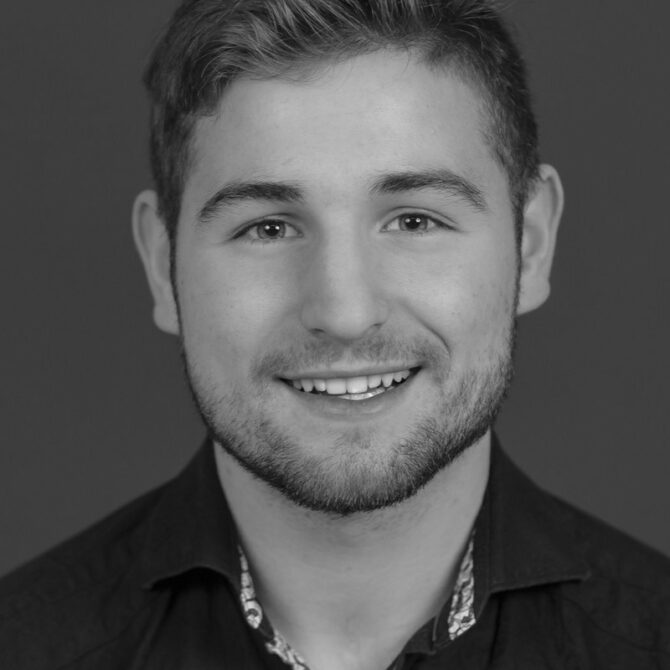
Hugo Cordeau
PhD Student in Economics
Hugo Cordeau is a doctoral student in economics at the University of Toronto and a scholarship holder of the Fonds de recherche du Québec – Société et culture. His research interests focus on public finance and industrial economics, with a focus on climate action. His ongoing research is about progressive taxation on carbon in the Canadian federation context. He can be reached on LinkedIn and on Twitter at @cordeau_.al
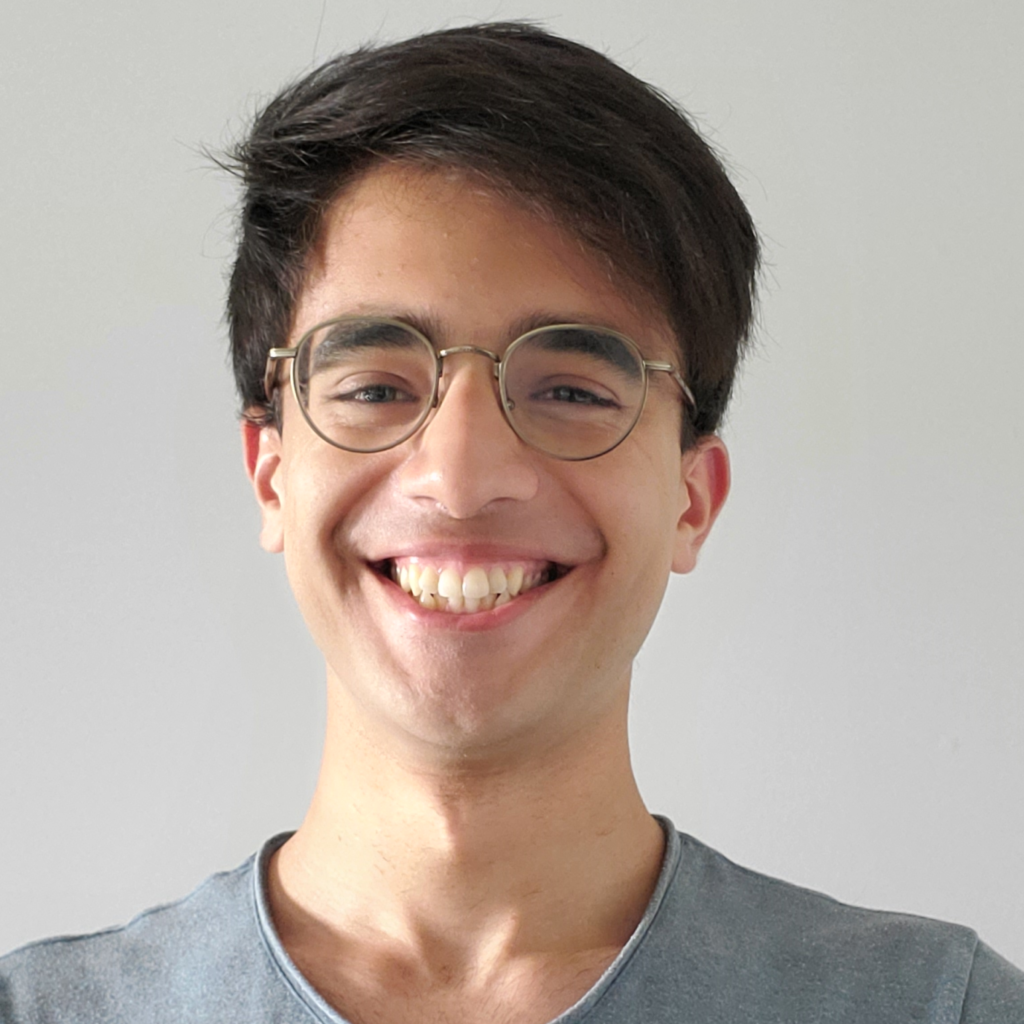
Shahzeb Mirza
MASc Student in Mechanical & Industrial Engineering
Shahzeb is currently pursuing his MASc in the Department of Mechanical and Industrial Engineering. His work is focused on enabling the next generation of electric vehicle infrastructure through novel thermal management strategies. He is also working within a multidisciplinary project to design a functioning electric vehicle fast charger as a proof-of-concept.
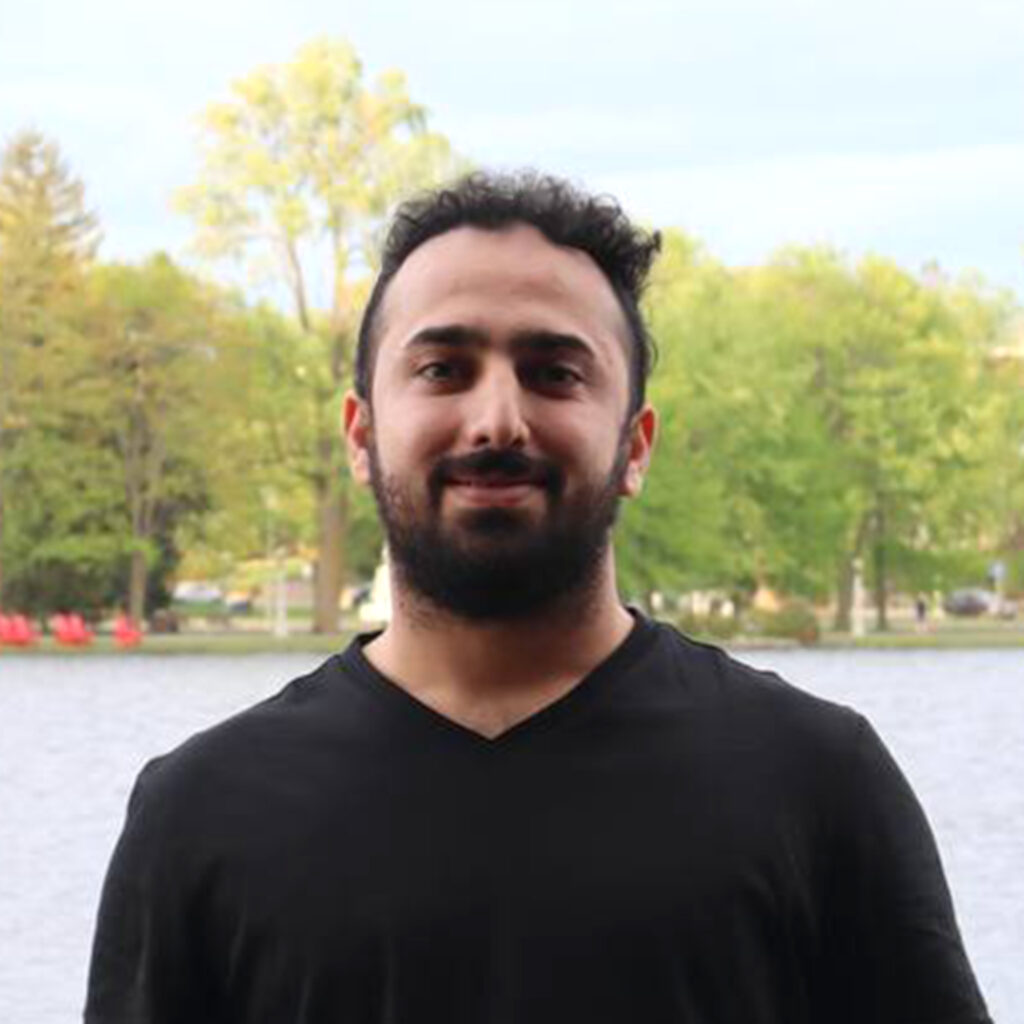
Mehran Dadsetan
PhD Candidate in Mechanical & Industrial Engineering
Shahzeb is currently pursuing his MASc in the Department of Mehran Dadsetan received his MSc in Energy Conversion from the University of Tehran in 2018. He joined Professor Thomson’s research group in January 2019. Mehran, in collaboration with lab members under the supervision of Professor Thomson, developed a new method of methane decomposition to produce hydrogen without any direct CO2 emissions. In addition to hydrogen, he assesses solid carbon particles produced in this process to modify their properties, suitable for different industries and applications like steelmaking and cement reinforcement. His research has been honored with several major awards, including Ron D. Venter Graduate Fellowship in Hydrogen and Low-Carbon Energy System Research in 2019, Jeanne F. Goulding Fellowship in Environment Pollution Control Research in both 2020 and 2021, Frances Bradfield Graduate Fellowship in Environmental Engineering Research in both 2021 and 2022, Hatch Graduate Scholarship in Sustainable Energy Research in 2022, and the latest, the Climate Positive Energy graduate scholarship in 2022.

Mircea Ghergina
PhD Candidate in Sociology
Mircea’s research is titled: “Captured: Green Innovation, Social Values, and the Quest to Solve Climate Change, 1996-2021”.

Laura Jones
MSc Student in Biology (UTM)
Laura’s research is titled: “Towards solutions in a changing world–understanding stress memory of weather extremes in trees”.

Guangming Cai
PhD Candidate in Chemical Engineering & Applied Chemistry
Guangming’s research is titled: “Kinetic Consequences of the Intercorrelation between Acid and Redox Sites on Metal Oxides for Drop-in Oxygenates Synthesis from Sustainable Bio-based Methanol”.